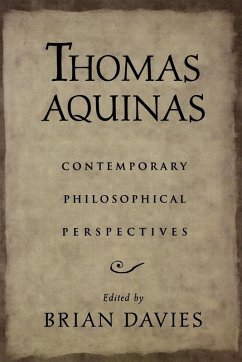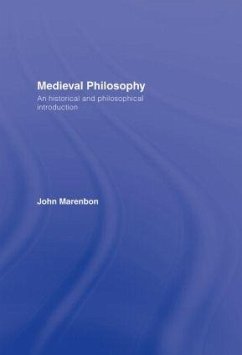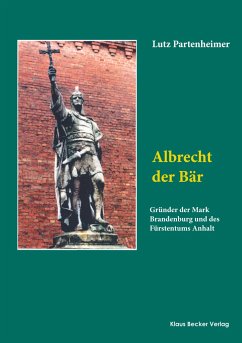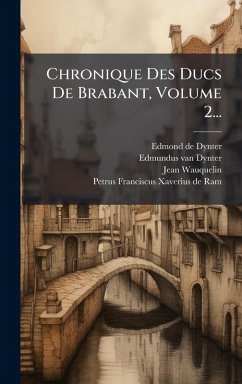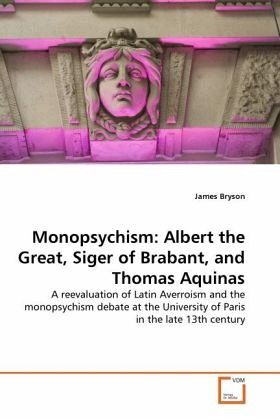
Monopsychism: Albert the Great, Siger of Brabant, and Thomas Aquinas
A reevaluation of Latin Averroism and the monopsychism debate at the University of Paris in the late 13th century
Versandkostenfrei!
Versandfertig in 6-10 Tagen
39,99 €
inkl. MwSt.

PAYBACK Punkte
20 °P sammeln!
A doctrine widely considered to jeopardize Christian belief in the immortality of the soul, monopsychism aroused members of the theology and arts faculties at the University of Paris into intense debate about the nature of man. Born out of the philosophical legacy of Greek Antiquity, late antique Neoplatonic philosophy, and medieval Arabic commentary, Christian theologians and philosophers were forced to confront their own intellectual past in relation to pressing contemporary questions. The Unity of the Intellect for Albert the Great, Siger of Brabant, and Thomas Aquinas revisits this debate ...
A doctrine widely considered to jeopardize Christian belief in the immortality of the soul, monopsychism aroused members of the theology and arts faculties at the University of Paris into intense debate about the nature of man. Born out of the philosophical legacy of Greek Antiquity, late antique Neoplatonic philosophy, and medieval Arabic commentary, Christian theologians and philosophers were forced to confront their own intellectual past in relation to pressing contemporary questions. The Unity of the Intellect for Albert the Great, Siger of Brabant, and Thomas Aquinas revisits this debate in light of divided 20th century scholarship. Bryson identifies Albert the Great, Siger of Brabant, and Thomas Aquinas as principal figures. Through careful analysis of their relevant treatises, he illumines much about the character of philosophical commentary, epistemology, and psychology in the Middle Ages, and what this period owes to its forbearers. Bryson claims to have resolved questions about the debate's origins in the phenomenon of Latin Averroism'. Special attention to Aquinas' epistemology, against the Averroistic psychological model, lies at the heart of the argument.





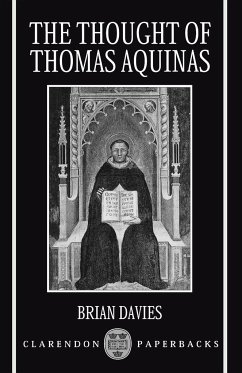
![Les Gestes Des Ducs De Brabant, Par Jean De Klerk [and An Anonymous Continuator] Publ. Par J.f. Willems (j.h. Bormans) Cover Les Gestes Des Ducs De Brabant, Par Jean De Klerk [and An Anonymous Continuator] Publ. Par J.f. Willems (j.h. Bormans)](https://bilder.buecher.de/produkte/71/71569/71569319n.jpg)
